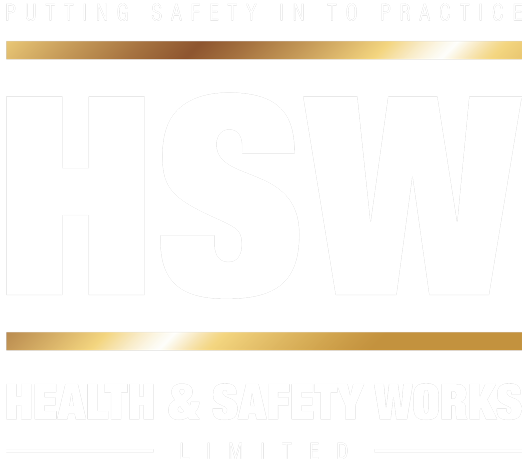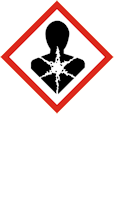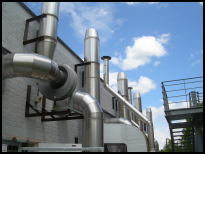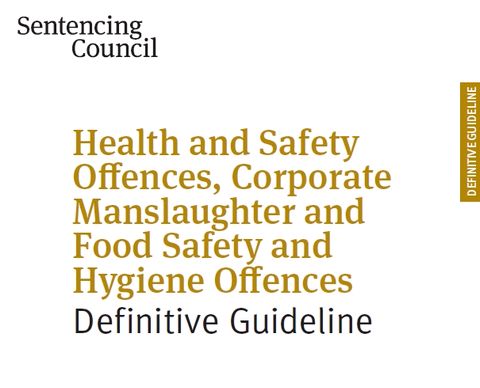So, how has the sentencing guideline changed things over the last two years? Well here’s our top picks and a small spot light on cases we’ve seen since the new guidelines came in to play.
- The new sentencing guidelines provide a clear structure and starting point for issuing penalties to companies and individuals that commit health and safety offences. Previously, the guidelines were mainly defined to manage corporate manslaughter cases leaving little guidance on management of all other cases. Statistics issued by the HSE for 2016/17 show how significant the financial repercussions have been, with the HSE securing a 93% conviction rate and average fines reaching £126,000 per case, in comparison to 2014/15 which averaged £29,000.
- Companies and individuals are not only being tried for incidents which resulted in actual harm or loss but where there was potential (be that through deliberate acts or insufficient understanding or management). Thus hopefully preventing poor practices and weak management strategies. Emphasising the need for safety cultures to improve.
- Each case is assessed through the same 9 stages. The first four assessment stages have been considered the most important by businesses as this will dictate the level of penalty or sentence delivered. The first stage is defining the potential level of harm and culpability. The seriousness of the harm will be classified in three ‘levels’. The level of culpability – one of the biggest factors, is scored from very high - which shows deliberate breaches through to Low, where it is shown an organization did not fall far from the standard.
- What would render a business in the High Category? Examples include falling short of the recognised industry standards, ignoring concerns raised by employees or individuals, failing to implement changes after related incidents. Allowing breaches to continue – overdue actions anyone?
- Fines start from approximately £300,000 and can reach upwards of £10,000,000. Where a business or individuals’ turnover is £50m+, there is allowance for fines to be totalled higher than the £10m - this change is to ensure a proportionate sentence every time.
- Roles within businesses are also assessed against the sentencing criteria where it is proven that the act occurred with consent, passive consent (Connivance) or neglect. Their individual involvement, understanding, foresight and judgement is also considered and will be acted upon during sentencing.
- For businesses divided in to separate Legal entities (e.g. within a Group structure), their case will normally be held and assessed solely on the entity. But, businesses must note, that if the court feel it is in the best interest to base the assessment on the Group, this can and will be done.
- Since the introduction of the guidelines, financial penalties remain the most common result of a conviction however, there has been an increase in the number of immediate and suspended custodial sentences delivered. 2016/17 saw an increase of immediate sentences go from 4 to 6 percent and suspended sentences double from 6 to 12 percent.
- As we have previously mentioned, the level of penalty imposed is assessed vigorously, with actual and potential harm a key consideration. Statistics released by the Health and Safety Executive have shown that breaches of the Gas Safety (Installation and Use) 1998 regulations has resulted in over half of the suspended and immediate sentences. Showing that those failing to take note of industry hazards and best practice will be held accountable for significant failings.
Case one: Gas Safety
A Hampshire-based utilities company was fined for dangerous gas installations found at the Royal Veterinary College in June 2018. Multiple gas leaks were found across the student village, putting hundreds of students housed on site at risk.
St. Alban’s Crown Court heard how Dimension Data Advanced Infrastructure Ltd had been sub-contracted to carry out gas, plumbing and above ground drainage work at the College in 2010 – 2011. Over 50 incorrect fittings had been used with cheaper water fittings being used instead of gas fittings. The installation was classified as ‘Immediately Dangerous’ under the gas safe classification scheme. At the time the work was carried out the business did not employ Gas Safe Registered personnel. Dimension Data Advanced Infrastructure Ltd of Fleet, Hampshire pleaded guilty to breaching Section 3 of the Health and Safety at Work Act 1974 and was fined £466,660 and ordered to pay costs of £11,548.68.
Case two: Workplace Transport
Redrow Homes Limited and WPI Civil Engineering Ltd were fined after the death of a scaffolder at the Redrow home construction site. In August 2013, 67-year-old Henry Jones was walking across the site in Knotty Ash when he was struck by a reversing dumper truck. Tragically, Mr. Jones was crushed under the rear wheels of the vehicle and died at the scene. Investigations found that there had been no action taken to maintain provisions separating pedestrians and work place transport.
Redrow Homes Limited pleaded guilty to Section 3(1) and Section 33(1)(c) of The Health and Safety at Work etc. Act 1974 and was fined £500,000 with costs of £101,000. WPI Civil Engineering Limited also pleaded guilty to breaching Section 3(1) and Section 33(1)(c) of the Health and Safety at Work etc. Act 1974 and was fined £300,000 with costs of £17,000.
Case three: Dangerous Substances and Explosive Atmospheres
A Norwich manufacturing firm was fined after two employees working with flammable substances in a spray booth were killed by an explosion. Norwich Crown Court heard how, on 13 July 2015, two workers who had been spraying welded steel buckets had died when the flammable vapour generated whilst cleaning or flushing a paint spray gun was ignited by one of the various sources of ignition present at the scene.
An investigation by the Health and Safety Executive found the immediate cause of the explosion to be the inconsistent and incomplete approach to health and safety by the company and its employees. This resulted in the lack of suitable control measures; specifically, a suitable and sufficient safe system of work for the activities in the spray booth.
Harford Attachments Limited pleaded guilty to breaching Section 2(1) of the Health & Safety at Work etc. Act 1974 and breaching Regulation 6(4)(f)(i) of the Dangerous Substances and Explosive Atmosphere Regulations 2002. They were fined £145,000 and ordered to pay costs of £65,900
In summary
Safeguarding employees, and all others, who can be affected by your operations, is your responsibility - it will not only eliminate the risk of receiving a penalty but also allow you to
- maintain a strong reputation
- deliver business success
- make your business more attractive – to new employees or potential customers
and who doesn’t want that?
Ultimately, health, safety and environmental matters should be managed practically within your business, after all it has to work for you. Risks need to be identified and reduced through sensible and proportionate procedures and practice.
For further information on maintaining compliance, implementing safety management systems and best practice please feel free to get in touch with a member of the HSW team.







